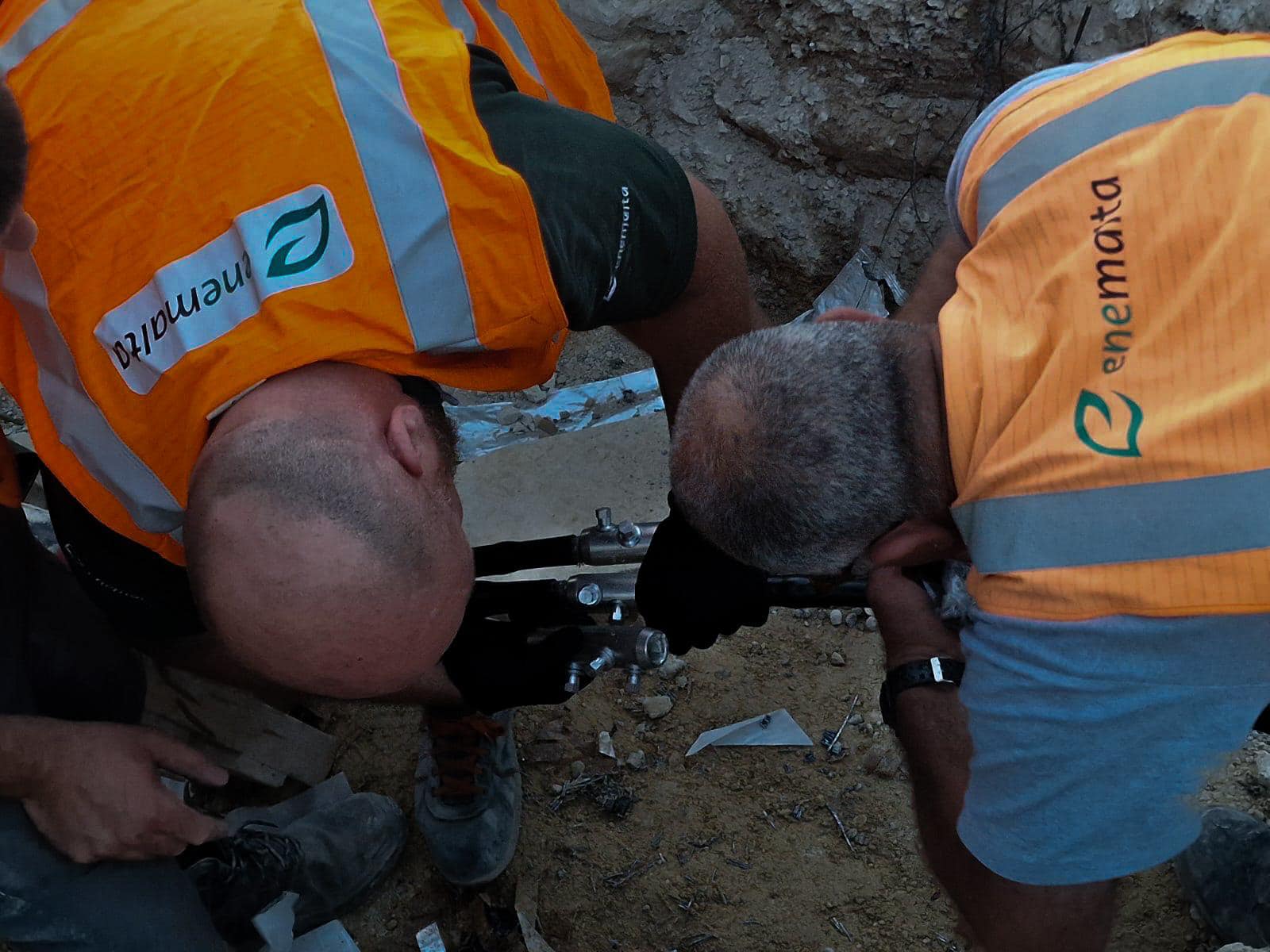Malta Chamber of SMEs Vice President (VP) Marcel Mizzi has urged authorities to apply a more proactive approach to Malta’s electricity network to avoid significant outages.
The Maltese population suffered from a wide array of power cuts last month, with some localities even going without any electricity for consecutive nights. This situation was not helped by a heatwave that brought about scorching temperatures. Authorities attributed the power cuts to the skyrocketing heat, with growing faults in the power network.
As part of an opinion piece published on the Times of Malta on Friday, Mr Mizzi stated that what is being done to handle the increased demand for electricity and the problems that climate change has brought about are either “not enough or failing miserably”.

He labelled the argument that the power cuts were solely a result of the temperatures as “infantile” and that it was “silly to turn this into a political argument”. He explained that cables’ carrying capacity is reduced in such extreme temperatures, which has not been helped by the fact that “some areas are still supplied by cables from colonial times”.
Mr Mizzi added that this has prompted added investment, as aside from long-term planning, authorities have to “continue patching up the current network at any cost”.
“Citizens and businesses should not have to suffer power cuts. The cost of this patching up is considerable and will eat away at Government’s proposed budget, but has to be supported regardless,” he explained.
When planning for network upgrades, Government needs to consider the implementation of new technology and the best practices that other countries have put in place, he noted. Other countries with “already overloaded networks” are also facing extraordinary temperatures, yet research is being done on the type of substrates used in burying cables and housing cables inside pipes and also on incorporating air cooling into the system.
He acknowledged that Malta “cannot claim” to be an expert in this field, but can still apply such systems by seeking professional advice when planning new investments.
“We must do the best that can be done while keeping our egos and political affiliations in check. Doing more of the same has clearly got us into the current situation. Banking solely on internal technical advice will most likely have us back here next summer,” Mr Mizzi warned.
Even though “resistance to change is human nature and innate in all sectors”, such as in the incorporation of emerging technologies, these power cuts are “the effects of climate change” and we are “only at the beginning”.
“Things will get worse, much worse. Unless we employ experts that think outside the box and consider making significant changes, chances are it will all happen again,” he argued.
He noted that strategies such as installing higher capacity cables and alternative distribution paths for redundancy as important, and some of these were already done, yet it was “far from enough”.
“Climate change is here to stay and even if we had to reach carbon neutrality tomorrow, the current bizarre temperatures, freak storms and flooding will persist,” Mr Mizzi said.
He proposed placing the power source closer to where the power is needed through renewable energy systems, yet he noted that Government is “inexplicably limiting the number of megawatts that it is willing to pay for as feed-in tariff”. While this was “understandable” when interconnector power was being bought at a lower price, nowadays, “the rates are many times over”.
He added that renewables should be encouraged “even if it means investing”, and so applications need to be “fast-tracked, processed immediately, and encouraged”. “Furthermore, many Government assets such as street lighting, state-owned buildings and electric vehicle charging points could be powered in the same way, effectively getting them off the grid,” Mr Mizzi said.
Various businesses have taken up this approach, prompting significant reductions in electricity bills.
Additionally, he also called attention to the power outage map on Enemalta’s website, an issue that he said was “verging on the comical”.
“People were calling the helpline continuously with no response and, to add insult to injury, their town, in darkness, was not showing up on the map. People were frustrated and not sure if Enemalta was aware of their situation. Creating a proper app to handle this is low-hanging fruit,” he stated.
Mr Mizzi emphasised that no matter what is being done, the public “should be aware of what is going on”.
He added that compensation for damages caused should be discussed “every time disaster strikes”, as instead it should be part of the service mandate and “declared up front”. “It is likely we will have heavy storms in winter. Let’s hope we don’t have to start discussing compensation all over again,” he said.
Despite the aim is always to work towards being “proactive” and to propose solutions rather than only complaining, Mr Mizzi remarked that even if upgrades are done “efficiently”, it is doubtful whether “enough can be done in one year to save us from having to go through all this again next summer”.
Mr Mizzi has held the position of VP of the Malta Chamber of SMEs for the past few years and is primarily responsible for finance and administration-related matters. Over the course of his career he has managed various businesses, and today he is a qualified ICT Consultant and an Internet application solution provider.
Featured Image:
Enemalta workers during the power cuts / Facebook
‘Treat outsourcing agreements like a pre-nup’ – Simon Azzopardi on asking the hard questions
Having seen founders held hostage by unpaid invoices, Mr Azzopardi warned of the risks of avoiding difficult early conversations.
‘Here’s to growth, to clarity, to resilience, and to another year of learning to be’ – Nadia Pace
The seasoned business advisor marked her birthday with a thoughtful reflection.
What Pope Leo XIV’s election can teach business leaders about humility, dialogue, and global vision
The election of Pope Leo XIV offers timely lessons in humility, bridge-building, and global leadership.
5 ways to energise a team meeting and keep everyone engaged
To get the most out of your people, it’s important to inject energy and creativity into the way meetings are ...









